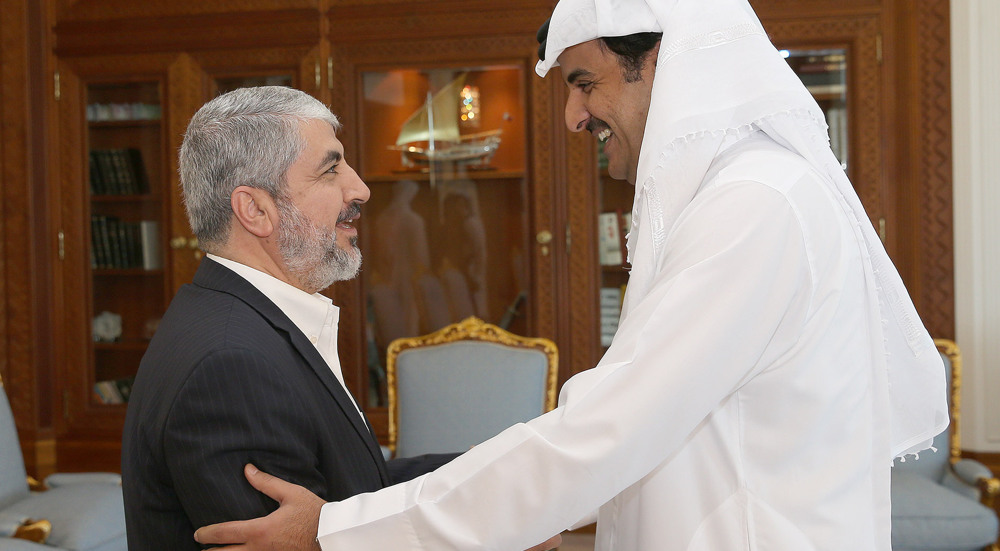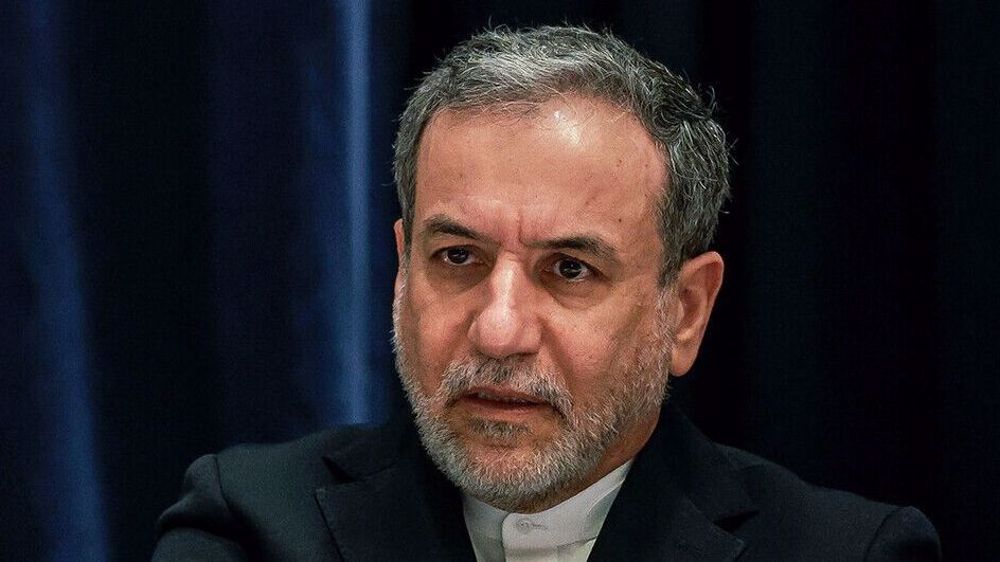Bahrain blames Qatar for ‘military tensions’ in Persian Gulf crisis
Bahrain's foreign minister has accused Qatar of creating a military escalation in the Persian Gulf region in the wake of a recent move by Saudi Arabia and its allies to sever their diplomatic relations with Doha, and close their borders and airspace with the gas-rich kingdom.
“The disagreement with Qatar is a political and security dispute, and has never been military,” Sheikh Khalid bin Ahmed Al Khalifah wrote in a post published on his Twitter page on Monday.
He added, “But the deployment of foreign troops with their armored vehicles is a military escalation for which Qatar will bear the consequences.”
“Certain regional powers are mistaken if they think that their intervention will resolve the problem,” Sheikh Khalid said on Twitter.
On Sunday, Turkish Foreign Ministry Spokesman Huseyin Muftuoglu stated that Turkish efforts to set up a military base in Qatar had nothing to do with the ongoing diplomatic crisis between Doha and other Arab countries.
“The purpose of the deployment of the Turkish Armed Forces in Qatar is to contribute to the security of the region as well as to provide Qatar with support in military training. Our activities are not against any particular country,” he said.

Muftuoglu emphasized that Turkey has close ties with all Persian Gulf countries, and underlined the existence of a strategic dialogue mechanism between Ankara and members of the Persian Gulf Cooperation Council.
“Just like the presence of other foreign military bases or units in other countries of the region, our military presence in Qatar is principally based on a decision taken by the two countries relying on their sovereign rights,” the Turkish diplomat pointed out.
Saudi Arabia, the United Arab Emirates, Egypt and Bahrain all cut off diplomatic ties with Qatar on June 5, after officially accusing it of “sponsoring terrorism.”
The administration of Saudi-backed and resigned Yemeni president Abd Rabbuh Mansur Hadi, Libya, the Maldives, Djibouti, Senegal and the Comoros later joined the camp in ending diplomatic ties. Jordan downgraded its diplomatic ties as well.
Qatar's Foreign Ministry announced that the decisions to cut diplomatic ties were unjustified and based on false claims and assumptions.
"Qatar has been the target of a systematic incitement campaign that promoted outright lies, which indicates that there was a prior intent to harm the state," the statement said.
On June 9, Qatar strongly dismissed allegations of supporting terrorism after the Saudi regime and its allies blacklisted dozens of individuals and entities purportedly associated with Doha.
“The recent joint statement issued by the Kingdom of Saudi Arabia, Bahrain, Egypt and the UAE regarding a ‘terror finance watch list’ once again reinforces baseless allegations that hold no foundation in fact,” the Qatari government said in a statement.
On June 23, Saudi Arabia and its allies released a 13-point list of demands, including the closure of Al Jazeera television news network and downgrade of relations with Iran, in return for the normalization of diplomatic relations with Doha.
The document containing the demands by Saudi Arabia, Egypt, the UAE and Bahrain also asks Qatar to sever all ties with the Muslim Brotherhood and Lebanese Hezbollah resistance movement. Those countries have given Qatar 10 days to comply with all of the demands.

Turkey's President Tayyip Erdogan has dismissed the ultimatum as unlawful interference in Qatar's domestic affairs.
VIDEO | 85% of Yemeni displaced people face daily hunger crisis
US House passes bill targeting charities and pro-Palestine groups
VIDEO | Supporting Gaza genocide
Hezbollah attacks Israeli forces after Lebanese homes blown up
World leaders, states hail ICC arrest warrants for Netanyahu, Gallant
MP: US accountable for possible Israeli 'foolishness' to attack Iraq
VIDEO | Israeli policies strangle Palestinian agriculture, economy
Iran's president offers condolences to Pakistan over terrorist attack


















 This makes it easy to access the Press TV website
This makes it easy to access the Press TV website